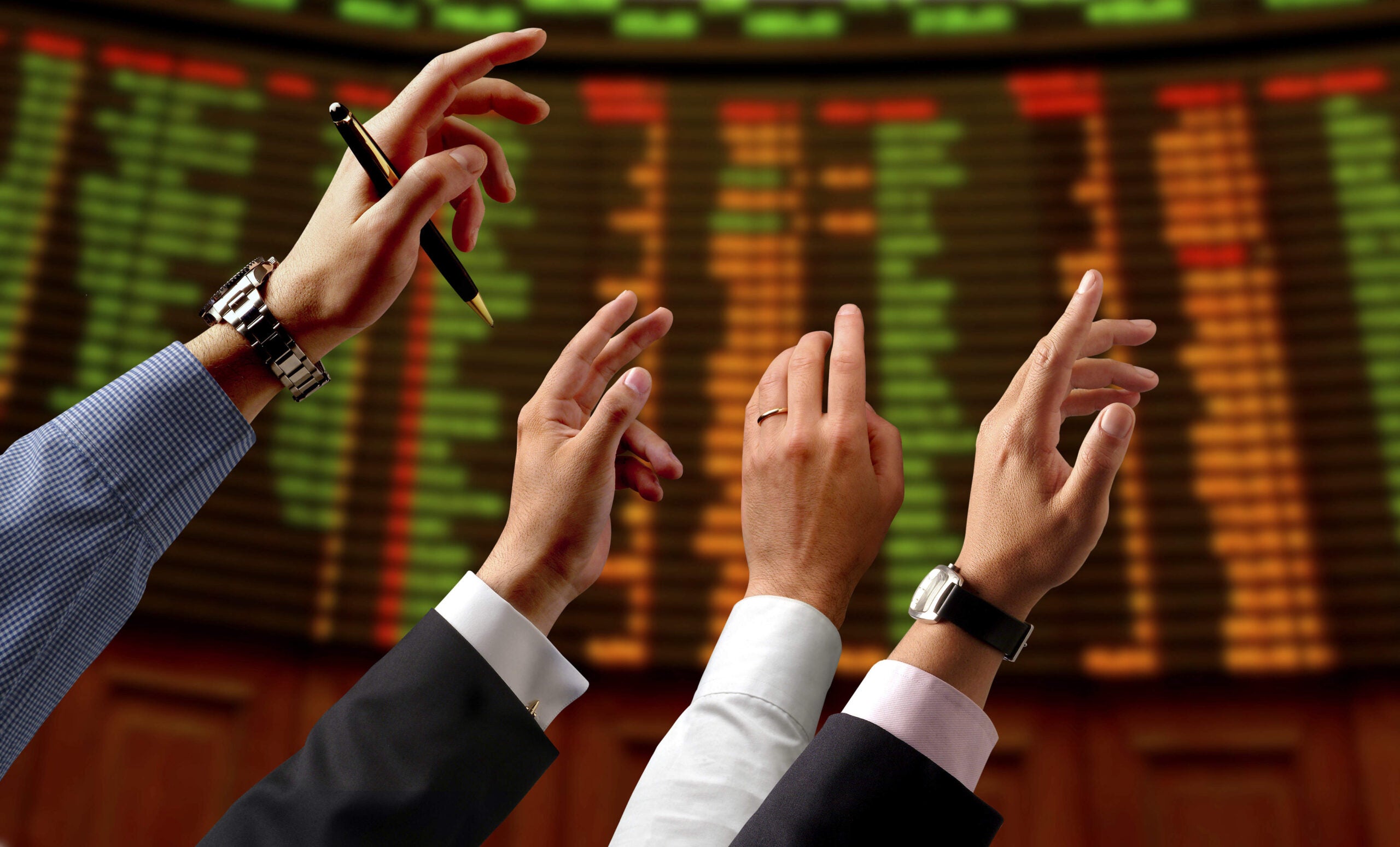It has been ten years since the crisis. Certainly a lot has happened in the world of payments in the last ten years- where to start. But how much of this change, if any, can be attributed to the financial turndown? Is the Worldpay deal a sign of things to come?
It has been a decade of lessons, and fall out. Will history repeat itself? No doubt. But since the banking crisis, transparency has increased, regulators have been given a new lease of life (or a kick up the backside, whichever your take), and the result is that the consumer has become more empowered and aware- certainly in payments.
Worldpay’s deal on the same day of the crash anniversary is worthy of reflection. It is a company that has gone from strength to strength having been a phoenix from the flame of the meltdown.
RBS sold Worldpay in 2010 to Bain Capital and Advent International for just over £2bn as part of its divestment plan, on message from the European Commission. Worldpay says the sale enabled it to become more customer-centric. One year later, it acquired Envoy, an alternative payments provider specialising in forex. Since then of course, forex has come very much to the fore and no one could argue that this hasn’t played to the consumer’s advantage.
However, the fact that Worldpay was bought for the significant sum of $10bn by one of its competitors is a marker of potential market dominance to come, which in turn feeds and leads to the kind of behaviour that caused the crisis in the first place. Has enough change taken place to offset this?
Because, as much as there is a whirl of proliferation in the payments industry, the fact remains there are always winners, and monopolies, or industry consolidation, as might be the more complimentary way of putting it. It is the natural order of capitalism. So while the crisis spawned tighter rules and regs, natural order is hard to stifle. But there are glimmers of hope.
When PSD2 comes into play early 2018 and the updated GDPR mid-2018, the average punter will likely have no clue as to the hoops banks and payments companies will have to jump through to adhere to new consumer protection rules. And rightly so, of course.
The consumer has moved from a state of anxiety to action. So stated John Gerzema, social strategist, leadership consultant and New York Times best-selling author in a recent TED Talk. His point was that consumers had their own part to play in the crisis, by overspending in the run-up. He said personal debt to income ratio in the US went from 65% to 135% in the span of about fifteen yrs. But that they were now saving more than ever, and generally more financially astute and demanding.
It could be argued that they were led into this behaviour by the corporates, yes, and it could be argued that they are being led this way again. Klarna, for example, is pioneering a shift in consumer purchasing behaviour by actively encouraging over-purchasing in a try-before-you-buy policy.
It’s the young people who didn’t really experience the crisis who may need to be kept in check and, unfortunately, are also the very ones who will be targeted by many corporate retailers.
And the younger mob, for all their inexperience, are more outspoken and despite their general penchant for instant gratification, for better or worse, have a greater sense of entitlement and a louder voice via social media than generations beforehand. New products and services are certainly being developed to suit them. So, I know it’s a stretch but we should remain positive. Ten years ago who expected healthy diets and exercise would be the stuff of uber cool kids. Who knows what’s possible.








